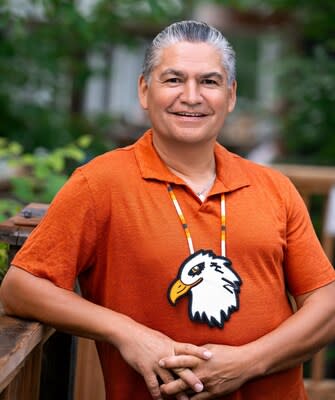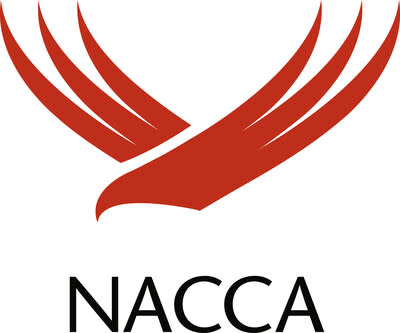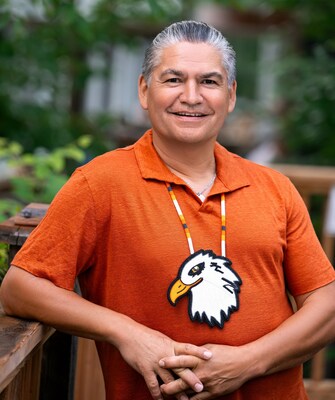ottawa, ontario, March 12, 2024 /CNW/ – NACCA is pleased to announce the release of the Indigenous Business Definition, a nationally consistent definition that will help direct the sourcing of goods and services to legal Indigenous businesses across the country.


In 2021, the federal government announced a government-wide target of 5% indigenous business sourcing. As for annual expenditure, $22 billion Overall, this represents hundreds of millions of dollars of business annually for First Nations, Métis and Inuit entrepreneurs.
“We welcome the 5% target,” he said. Shanin Metatawabin, President and Representative Director of NACCA. “But we need to ensure that contracts go to Indigenous entrepreneurs – promoting the well-being of our people, their families and communities. This is why we developed the Indigenous Business Definition. The reason is.”
Developed by a coalition of Indigenous business organizations, this definition can be used by public and private sector actors at all levels, including provincial, territorial and municipal governments, and Canadian businesses of all sizes seeking to promote economic reconciliation. can. The Coalition's enthusiasm extends to Indigenous entrepreneurs everywhere and stems from the need for these contracts to truly empower Indigenous entrepreneurs. This Living Definition document is updated regularly, recognizing that when local businesses thrive, people, their families and communities thrive. The federal government's 5 per cent procurement policy, coupled with the newly launched Indigenous Procurement Authority and Indigenous Business Definition, promises to have a positive impact across the Canadian economy and have a significant impact on Indigenous businesses.
This definition was developed by a working group of five national indigenous economic organizations and three national indigenous representative organizations. The group sought input from a wide range of stakeholders. We built consensus and shared understanding in arriving at a definition of Indigenous sole proprietorships, businesses, nonprofit organizations, charities, cooperatives, and microenterprises. This definition represents the diverse perspectives of Indigenous peoples and Indigenous organizations across the country, is subject to change as it is implemented, and should be responsive to the Indigenous communities it serves.
“We needed clear standards developed by Indigenous peoples to determine which companies should legally benefit,” he says. Jean Vincent, Chairman of the NACCA Board of Directors. “Now we have that standard.”
This definition provides clarity in a landscape that has long seen false claims about indigeneity, tokenism, and other deceptive techniques by unscrupulous actors seeking to gain an advantage in the procurement process. These will help increase access to finance for Indigenous businesses and improve Indigenous business data. And improve accountability and transparency around procurement goals so everyone understands whether they are being met.
NACCA wants the definition of an Indigenous business to be widely applied. We know that Indigenous businesses have long aspired to participate in our nation's economic prosperity. A consistent national definition will help connect legitimate Indigenous businesses to sourcing opportunities and take the journey of economic reconciliation a step further.
The Indigenous Business Definition is a set of criteria that determines what constitutes an Indigenous business or organization for procurement purposes.They are ensured by indigenous peoples. Canada Have direct and meaningful participation, ownership, and benefit from the economic opportunities created by public and private sector contracts.


Source National Association of Indigenous Capital Corporations


View original content to download multimedia: http://www.newswire.ca/en/releases/archive/March2024/12/c0929.html


